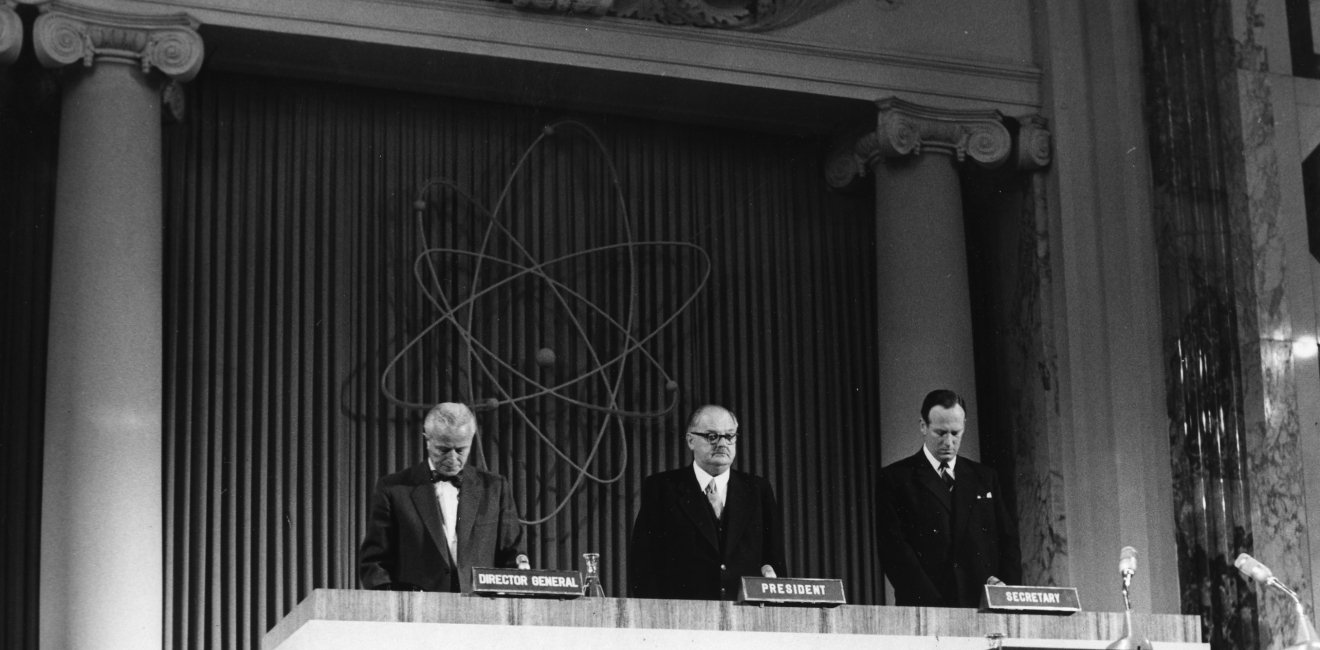The Cold War, the developing world, and the creation of the IAEA
Elisabeth Röhrlich writes in Cold War History about the creation of the International Atomic Energy Agency.
Elisabeth Röhrlich writes in Cold War History about the creation of the International Atomic Energy Agency.

NPIHP Fellow Elisabeth Roehrlich writes in Cold War History about the creation of the International Atomic Energy Agency. Roehrlich examines the early negotiations behind the founding of the IAEA and the broad coalition of countries that participated in drafting the IAEA Statute. The IAEA was the first major international organization in which developing countries had considerable impact on its formation. American-Soviet understanding during the negotiations was at times strikingly good, and rather than showing Cold War divisions of east and west, the negotiations reveal an emerging conflict between nuclear “haves” and “have-nots.” Roehrlich’s research is based on multi-archival research at the IAEA and the UN, as well as at the National Archives of the United States, the United Kingdom, and South Africa.


The Nuclear Proliferation International History Project is a global network of individuals and institutions engaged in the study of international nuclear history through archival documents, oral history interviews, and other empirical sources. Read more


The Cold War International History Project supports the full and prompt release of historical materials by governments on all sides of the Cold War. Read more
